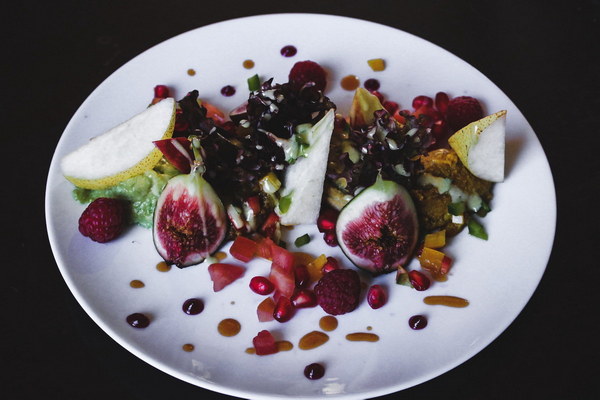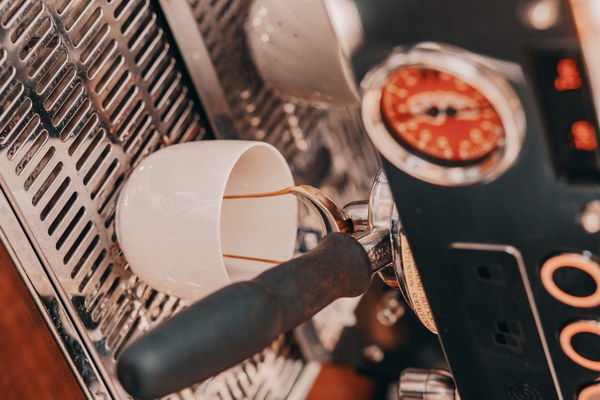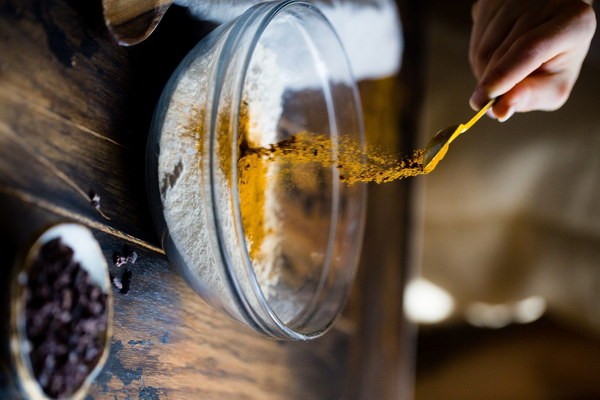Navigating the Dos and Donts A Comprehensive Guide to the Taboos of Chinese Herbs for Spleen and Stomach Health
In the realm of traditional Chinese medicine (TCM), the use of herbal remedies for spleen and stomach health has been prevalent for centuries. These natural treatments offer a holistic approach to addressing various digestive issues. However, it is crucial to understand the taboos associated with these herbs to ensure safe and effective treatment. This article delves into the dos and don'ts of using Chinese herbs for spleen and stomach care.
1. Know Your Herbs
Before embarking on a course of herbal treatment, it is essential to be aware of the herbs you are consuming. Some commonly used herbs for spleen and stomach health include:
- Atractylodes macrocephala (Cang Zhu)
- Codonopsis pilosula (Dang Shen)
- Astragalus membranaceus (Huang Qi)
- Poria cocos (Fu Ling)
- Licorice root (Gan Cao)
Understanding the properties and functions of these herbs will help you avoid potential adverse reactions.
2. Consult a Healthcare Professional
Always seek guidance from a qualified TCM practitioner before starting any herbal treatment. They can assess your specific condition and recommend the appropriate herbs while considering any existing health conditions, allergies, or medications.
3. Avoid Overdosing
While natural does not necessarily mean safe, it is crucial to avoid overdosing on Chinese herbs. Excessive intake can lead to adverse effects, such as liver or kidney damage. Adhere to the prescribed dosage and duration of treatment as advised by your healthcare provider.
4. Pay Attention to Food and Drink Interactions
Certain herbs may interact with food and beverages, either enhancing or diminishing their efficacy. Here are some general guidelines:
- Avoid cold and raw foods while taking herbs that tonify the spleen and stomach, as these can weaken the digestive system further.

- Limit the consumption of alcohol, caffeine, and other stimulants while on herbal treatment, as they may interfere with the therapeutic effects of the herbs.
- Do not consume excessive amounts of spicy or greasy foods, as they can irritate the stomach and counteract the intended benefits of the herbs.
5. Be Mindful of Personal Sensitivities
Some individuals may experience adverse reactions to certain herbs. Common symptoms of sensitivity include allergic reactions, skin rashes, or gastrointestinal discomfort. If you experience any of these symptoms, discontinue the use of the herb immediately and consult your healthcare provider.
6. Consider Contraindications
Certain TCM herbs may be contraindicated for specific health conditions or during certain life stages. For example:
- Atractylodes macrocephala is not recommended for individuals with damp-heat conditions or those suffering from stomach ulcers.
- Codonopsis pilosula may not be suitable for those with a history of colds or flu, as it can exacerbate these conditions.
- Astragalus membranaceus should be avoided by individuals with high blood pressure or those taking blood-thinning medications.
7. Monitor Your Progress
Regularly monitor your symptoms and overall well-being while on herbal treatment. If you do not notice any improvement or if your condition worsens, inform your healthcare provider promptly.
In conclusion, Chinese herbs for spleen and stomach health can be an effective and natural treatment option. However, it is crucial to approach them with caution, adhering to the dos and don'ts outlined in this article. By doing so, you can optimize the benefits of these traditional remedies while minimizing potential risks. Always consult a qualified TCM practitioner for personalized advice and guidance.









